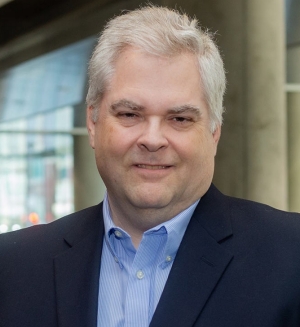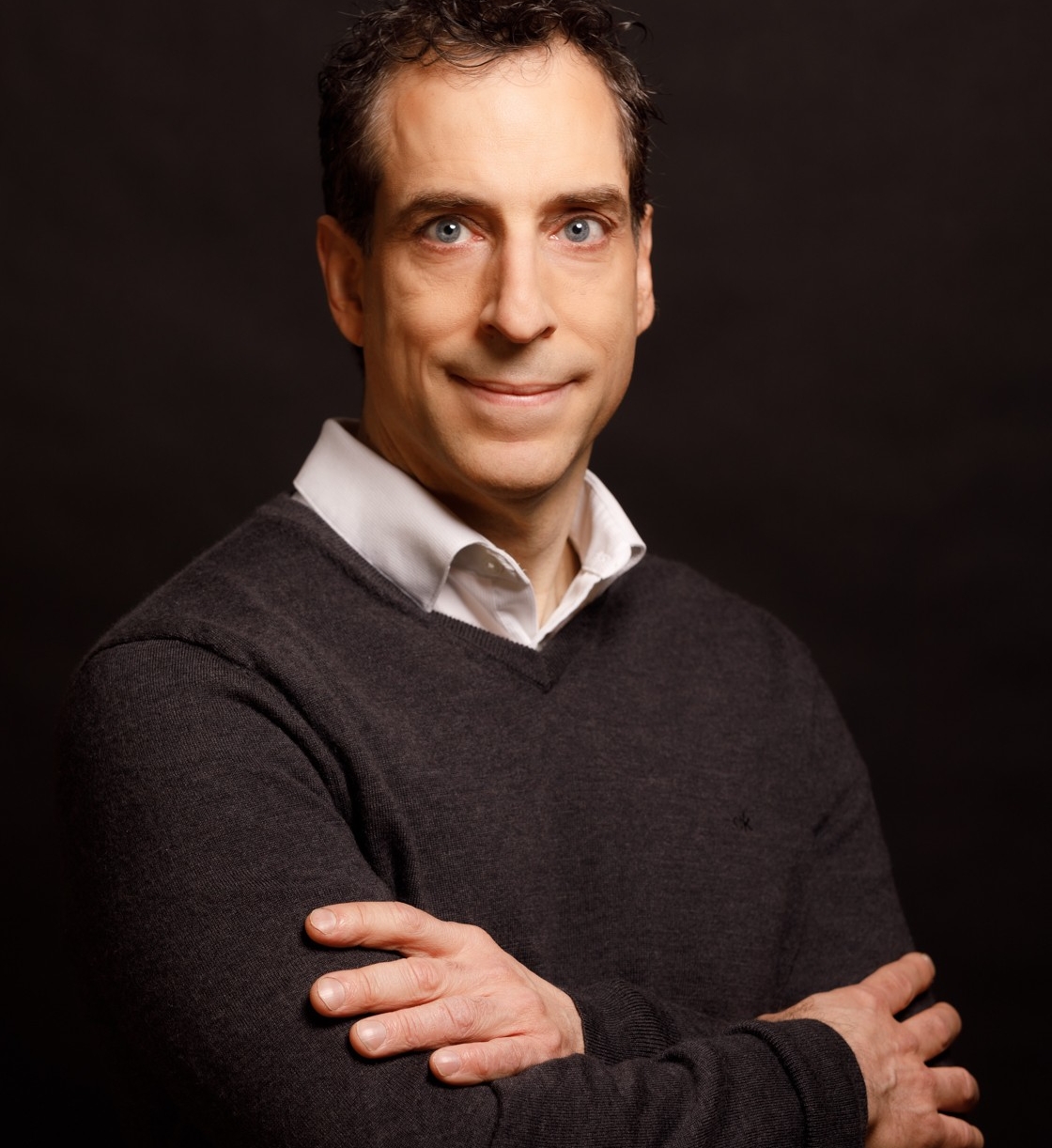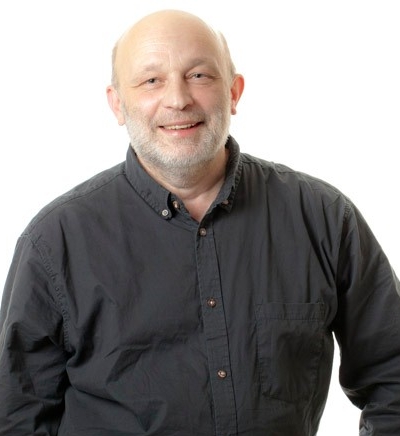“We enthusiastically funded Pat’s original project, which drove us to support his new project that will seek to innovate how the body attacks cancer cells. As for Vladimir, his work in regenerative medicine and how to potentially delay the onset of certain age-related diseases like Alzheimer’s is very timely and significant.”
An initial seed grant from the Strauss Foundation funded a stem-cell research project led by Forgione and PhD student Rafael Hernandez, BSc 18, in 2020.
“It was Rafael’s hard work and dedication that allowed us to leverage the Richard and Edith Strauss Foundation funding to obtain this second round of support,” remarks Forgione. “Ultimately, a big part of what we do is to train the next generation of scientists — and Rafael is a standout example of that.”
Forgione’s new project will have as a biological target GPR68, a protein-coupled receptor. His collaborator is McGill University’s Terry Hébert, who has considerable expertise with GPR68.
Forgione’s contribution will be to make small molecules that will modulate the receptor with the ultimate goal of developing novel anti-cancer treatments.
“This represents one part of the Strauss Foundation’s new grant,” he says. “The other part is to facilitate the development of higher-quality seeds for new drug discovery, a collaboration with Steven Laplante at INRS Armand-Frappier Santé Biotechnologie Research Centre in Laval.”


 Serge Labelle, vice-president of the Strauss Foundation
Serge Labelle, vice-president of the Strauss Foundation
 Pat Forgione, professor, Department of Chemistry and Biochemistry
Pat Forgione, professor, Department of Chemistry and Biochemistry
 Vladimir Titorenko, professor, Department of Biology
Vladimir Titorenko, professor, Department of Biology